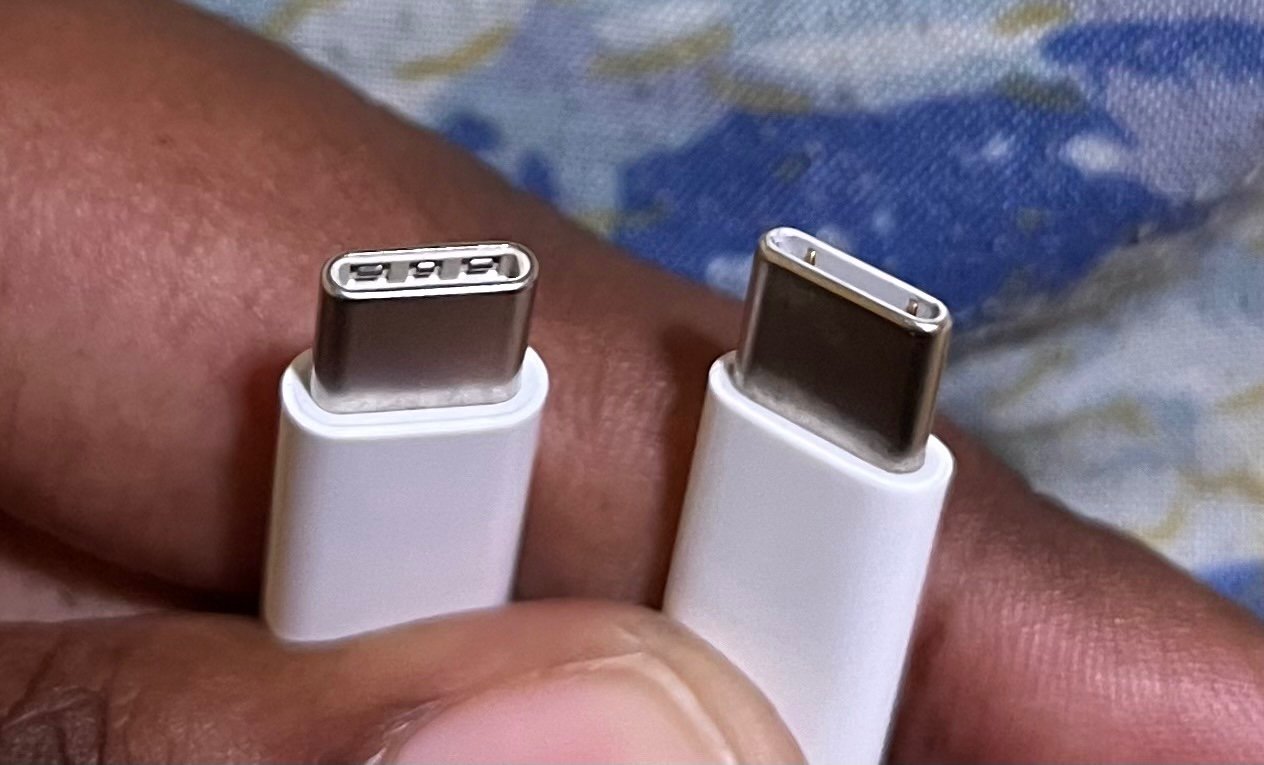With technology always changing, USB-C cables are pretty much a requirement for tons of devices, whether phones or laptops. At the same time, this increase in demand has also resulted in more counterfeits. Fake USB-C cables are a real danger, and they can put your devices or your safety at risk. We take you through this guide on how to not end up purchasing fake USB-C charging cables and being forced to buy a cheap, low-quality item.
Understand the Dangers of Fake USB-C Cables:
While fake USB-C cables might appear the same, they often lack real quality and safety benchmarks that are necessary for proper functioning. Counterfeit cables can cause several dangers such as:
Overheating: Due to their inferior components, counterfeit cables can also end up overheating which will damage not only your cable but possibly whatever you have plugged into it.
Device damage: Counterfeit cables are another story entirely, if the incorrect voltage or current is delivered to your device it can fry its circuitry.
Fire hazards: Poor insulation in fake cables increases the risk of short circuits and electrical fires.
Data loss: Fake cables may not provide stable data transfers, leading to corrupted files or interrupted connections.
Purchase from Reputable Retailers:
The safest mitigation is to only buy from reputable online or in-store retailers. Large-name ways to purchase products, like Amazon, Best Buy, or directly from the brand’s online store are safer places. To avoid worrying about potentially fraudulent third-party sellers on sites like eBay, and cheap shops that have deals that seem too good to be true.
Check for Certifications and Compliance Marks:
Genuine USB-C cables typically come with compliance marks such as CE, FCC, or USB-IF certification. These marks indicate that the cable meets the necessary safety and performance standards. Fake cables may either lack these marks or display counterfeit versions. Always look for certification logos on both the cable and its packaging to ensure authenticity.
Inspect the Packaging and Branding:
Manufacturer authenticity: Most manufacturers often go the extra mile by having their product packaging complete with logos, serial numbers, and sometimes even a bit of background information on the item. Buying USB-C cables in cheap, unmarked packaging, or with name-brand spelling errors or inconsistent branding. Poor Quality in the way it is packaged. I mean seriously this product needs to look better than anything we have seen if not then what are you doing?
Examine the Cable’s Build Quality:
A quality USB-C cable is almost always going to be a robust, well-constructed cable. Also look out for the tiny details, original cables usually have neat, snug connectors but fakes might feel loose or cheaply made. Look for any unusual seams or poorly applied materials, such as rubber insulation that feels cheap or stiff.
Test the Cable’s Performance:
In case you have already bought a cable and are concerned for its originality then you can test if the cable works well. With a proper USB-C cable, your phone can be charged rapidly and coolly at all times.
Check Online Reviews and Ratings:
Then, read reviews and ratings of other buyers before buying anything. If you see the USB-C cable is rated highly and others have good experience with it, then most likely that is a legitimate one. If it has poor review scores, people are having trouble with power delivery, or other things like disconnecting abruptly, more than just like that happens your cable is a fake product.
Protect Yourself from Fake USB-C Cables:
To protect yourself from fake USB-C cables, consider the following tips:
- Choose a well-known brand, like Anker, Apple or Samsung.
- Do not buy from unbranded or unknown manufacturers, even though the price is exciting.
- For your devices, always use manufacturer-supplied cables whenever you can.
- When in doubt, consult with customer support or visit official stores.
Conclusion:
Not using crappy USB-C cables is incredibly important for the health and safety of your devices. The good news is, by buying from trusted retailers that carry the necessary certifications, thoroughly inspecting packaging and quality of build, and finally testing speeds and charging time when you exit the store (Who needs privacy these days anyway?) you can limit your intake of knockoffs cables. Keep your guard against fakes and remember to choose quality over price level because you cannot put in jeopardy the lives of your devices, or even yourself.




